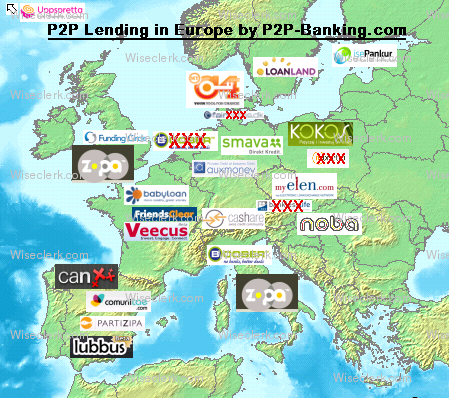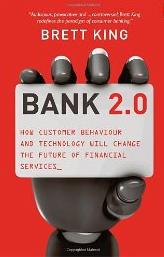Guest article, by Julia Kurnia, Director Zidisha Inc.
Entrepreneurs in low-income countries often face a dilemma: their business activities don’t earn enough to support their families, but they lack the investment capital needed to make the businesses more profitable. Restrictive political and economic conditions and geographic remoteness make it expensive for local banks to lend to small business owners. Some of these borrowers are serviced by microfinance institutions, but individual business expansion loans often carry prohibitive collateral and interest requirements due to microfinance institutions’ high administrative costs. So the businesses don’t grow, and the families they support remain impoverished.
Charitable microlending platforms such as Kiva.org and MyC4.com aim to improve disadvantaged entrepreneurs’ access to capital by providing platforms for microfinance institutions to raise subsidized loans directly from web users in wealthy countries, on the assumption that the high cost of financial services in developing countries is due to the organizations’ limited access to affordable lending capital. Yet this solution does not address another crucial barrier to affordable financial services for small business owners in developing countries: the high cost-to-revenue ratio inherent in small loans offered in marginalized geographic areas. The average Kiva field partner institution must charge borrowers more than 30% interest on loans financed at zero interest by Kiva lenders. Even at these rates, most microfinance institutions simply cannot afford to extend services to the remote rural areas where access to financial services makes the greatest impact on people’s opportunities for economic advancement.
It is generally assumed that such high interest rates are a necessary cost of lending to entrepreneurs in isolated and impoverished areas. In the classic microfinance model championed by Nobel laureate Muhammad Yunus in the 1970s, loan officers go on the road to collect repayments in person from borrowers, who are required to attend training sessions and participate in compulsory savings exercises in order to ensure responsible conduct. Even today, most local microfinance institutions which raise capital from Kiva or MyC4 are based along this model, with loan officers visiting borrowers at their businesses and communicating with lenders on their behalf. It is assumed that the borrowers not only lack the necessary computer skills to communicate with lenders themselves, but also that they cannot be trusted to repay loans, as residents of wealthy countries do, without constant visits by loan officers.
Zidisha Microfinance is a nonprofit microlending platform that operates on very different assumptions. First of all, there are no local intermediaries: instead, the entrepreneurs themselves post loan applications on the website and communicate directly with lenders via Facebook-style profile pages as their business investments grow. To make this possible, Zidisha taps into the growing population of computer-literate, but still economically disadvantaged, small business owners and explosive growth of internet access that have transformed developing countries in recent years. Borrowers access the Zidisha website from cheap cybercafés, old laptops donated to local charities and schools, and even the internet-capable smart phones which have begun to proliferate in even the poorest locations, often with one handset being shared by an entire village. Current Zidisha borrowers assist new applicants with navigating the website, and enlist the help of younger tech-savvy relatives when needed. New client orientations and technical assistance is also provided by Zidisha’s Client Relationship Managers, young adults from the United States and Europe who relocate to the borrowers’ countries and liaise with borrowers on a volunteer basis. Continue reading →


 I just finished reading
I just finished reading